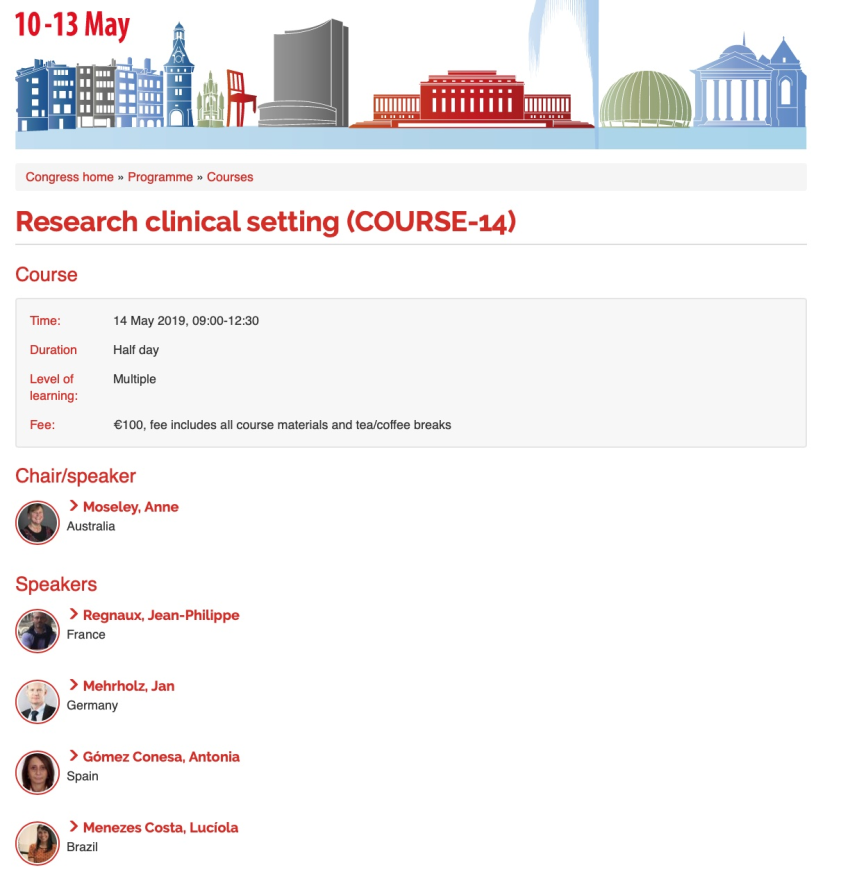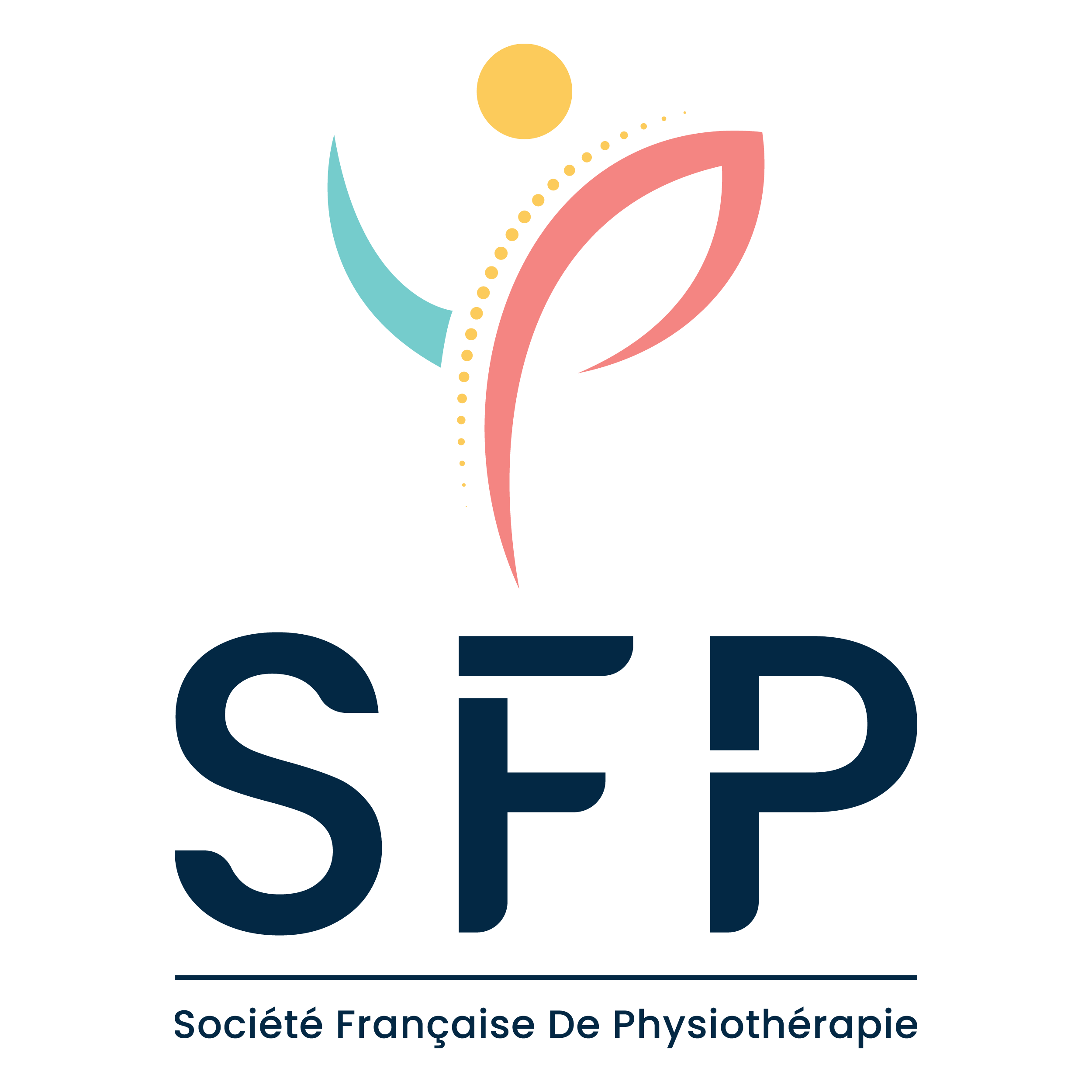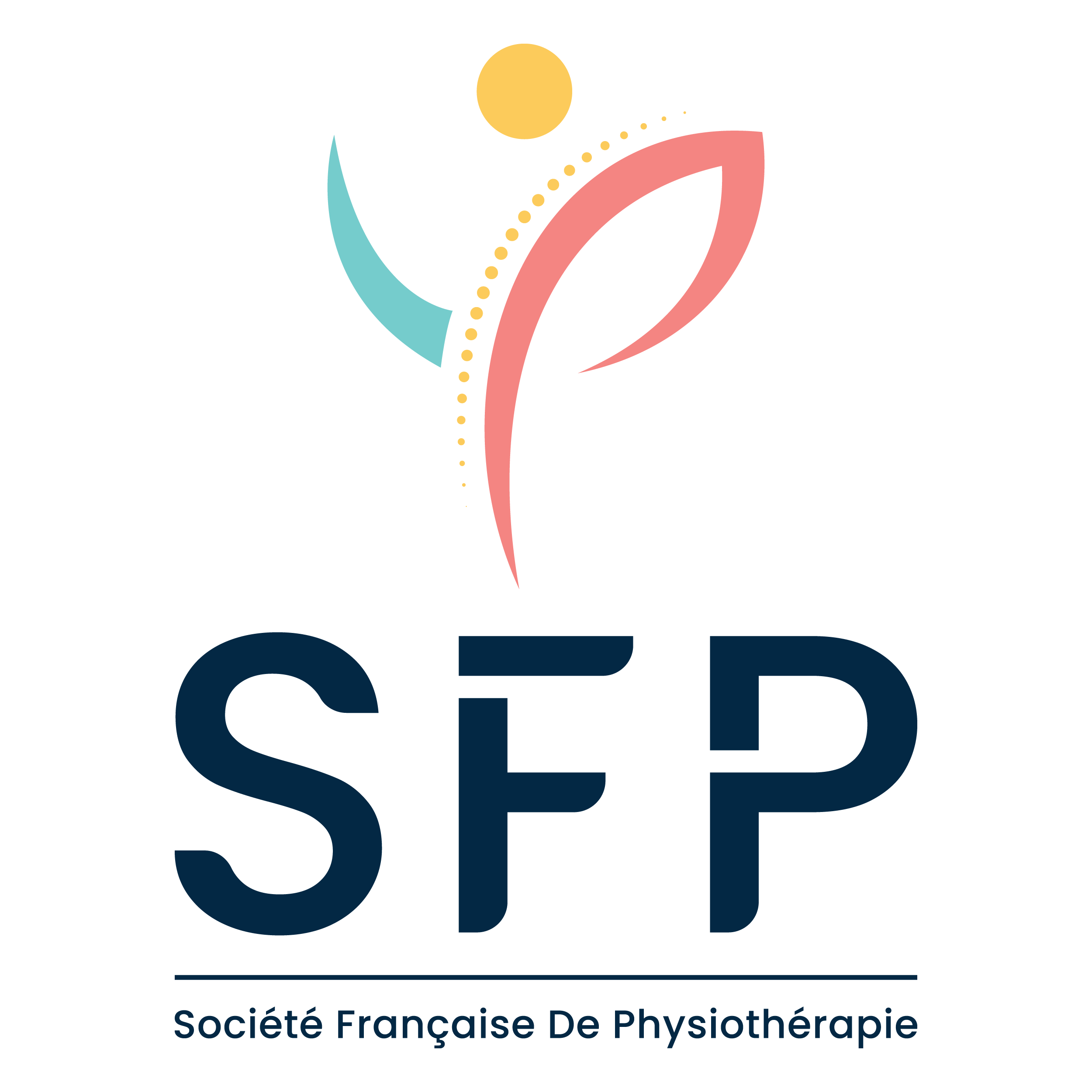Calendrier des événements

Research clinical setting (COURSE-14 WCPT)
| Moseley A1, Regnaux J-P2, Mehrholz J3, Gómez Conesa A4, Menezes Costa L5 | |
| 1University of Sydney, School of Public Health, Musculoskeletal Health Sydney, Sydney, Australia, 2EHESP School of Public Health, Rennes, France, 3Private Europäische Medizinische Akademie der Klinik Bavaria in Kreischa GmbH, Leiter Wissenschaftliches Institut, Kreischa, Germany, 4University of Murcia, Department of Physical Therapy, Faculty of Medicine, Murcia, Spain, 5Universidade Cidade de São Paulo, Masters and Doctoral Programs in Physical Therapy, São Paulo, Brazil |
|
|
Learning objective 1: understand the value of using randomised trials to guide practice Evidence-based practice is physical therapy informed by relevant, high-quality clinical research (1). The best type of clinical research to evaluate the effects of intervention is the randomised controlled trial (or systematic reviews of randomised controlled trials) (1). The good news for physical therapists wanting to use trials to guide their practice is that there are now over 30,000 published trials evaluating physical therapy interventions (2). Challenges faced by physical therapists include: choosing the best trial to read; making sense of the methods and results reported; and applying the results to an individual patient. Trials use a series of methods in order to reduce bias (or enhance the robustness) of the results, including how subjects are allocated to groups, how outcomes are collected, and how data are analysed and reported. Unfortunately, not all trials implement and/or communicate these important design features - just 36% of trials evaluating physical therapy interventions contain 6 or more of 10 design features known to reduce bias or provide results in a way to aid clinical decision-making (2). Clinicians need to understand these design features, and be able to identify them quickly in articles reporting trial results, in order to select and understand the best trial to answer their clinical questions. In this workshop, participants will develop knowledge and skills in using randomised controlled trials to guide clinical practice. The value of randomised trials will be explored. We will delve into some key design features used in trials, including random allocation, concealed allocation, intention to treat analysis, reporting of between-group comparisons, and blinding of therapists, subjects and assessors. Participants will gain practical experience in reading and appraising published reports of trials, considering features such as their methodological quality and the precision of the trial's estimates of the treatment effect. Participants will also practise explaining the trial's results to patients in terms that they will understand in order to foster joint clinical decision-making. The workshop will actively engage conference delegates from around the globe by offering the discussion and practical content in five languages (English French, German, Spanish and Portuguese).
Developing skills in reading randomised controlled trials will enable physical therapists to select and understand the best trials to guide their clinical practice.
|
|
| Target Audience: Physical therapists wanting to develop skills in using clinical research. Participants will learn to understand randomised trials and use the best trials to inform practice. | |
| Key-Words: research; randomised controlled trials; appraisal |
Voir tous les événements
Mardi 14 mai 2019
09h00
- 12h30
Palexpo.
Route François-Peyrot 30
1218
Genève
Palexpo.
Route François-Peyrot 301218 Genève
Aucun commentaire
Vous devez être connecté pour laisser un commentaire. Connectez-vous.




